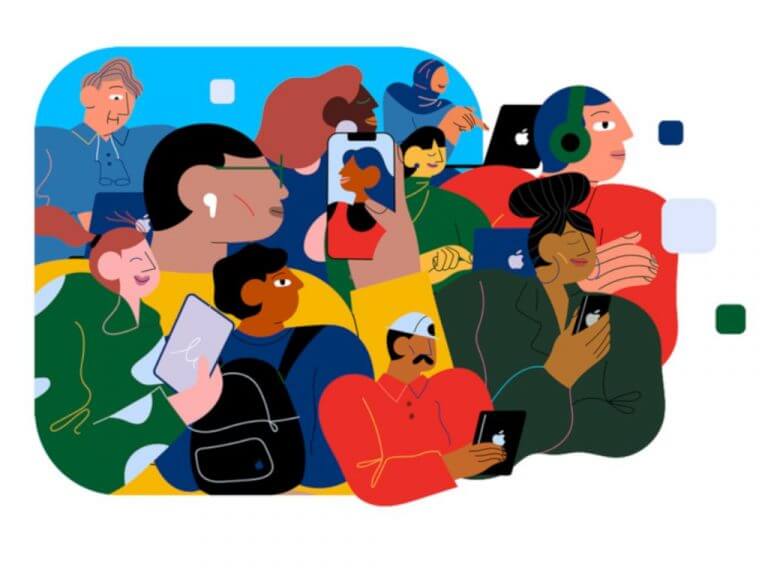A few days after unveiling its new M1 silicon chip for a select number of Macs, Apple is making news again as it announces new revenue terms for developers in its App Store.
In the midst of a highly contentious legal battle between Epic Games and Apple regarding claims of antitrust and monopolistic app store policies, there are changes coming down the pipe to App Store developers that could quell the heightened Epic Games rhetoric as well as expedite developer transition to a new M1 written app experience.
- The Small Business Program will qualify any developer which makes less than $1M in revenue for a 50% reduction in Apple Store payout, to Apple.
- Existing developers who made up to $1 million in 2020 for all of their apps, as well as developers new to the App Store, can qualify for the program and the reduced commission.
- If a developers’ business falls below the $1 million thresholds in a future calendar year, they can requalify for the 15 percent commission the year after.
The update to the App Store will begin in January 2021. Despite the grandiose like gesture, the sum 98% of companies that the move will end up benefiting only make up a combined 5% of the total net App Store revenue. Larger app providers such as Spotify or Epic Games don’t qualify for the reduced revenue commission relief.
Apple’s new revenue policy could help spur app development specific to its M1 chips going further as now new potential developers will have a greater incentive to target that chip and new desktop audience in the future.
The move comes a few weeks after Microsoft issued its 10 Principles of Fairness app store rebuttal to Apple’s former developer stance. Microsoft already updated its app revenue share policies back in 2018 to offer Windows developers a 95% share and 85% if Microsoft delivers a customer through any other avenue, which leaves Google as one of the only remaining app store stalwarts who are using the, now antiquated 30% model.


